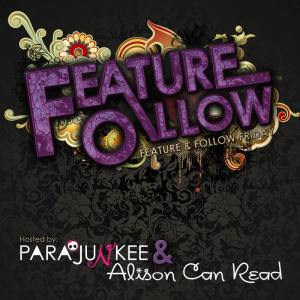Book Spotlight on Nonsense: The Power of Not Knowing by Jamie Holmes
Let’s
ring in the New Year with a little nonsense, more precisely confusion and
ambiguity. Modern life is full of conflicting advice and unanswered questions which
leave people with vaguely unsettled feelings. What happens when we’re
uncertain? How do we make the best decision when faced with a problem with
multiple solutions? Jamie Holmes has written an insightful book that tries to answer
the question do you embrace ambiguity or be like me—hunch in a corner and sob
quietly?
People
fear uncertainty. The need to resolve anxious feelings is deeply rooted and multifaceted.
It can also be dangerous, especially during periods of social, political or
economic confusion. The desire for fixed solutions is so great voices in the margins
are shunted aside. “Fear and uncertainty...intensify people’s appetites for
absolutes.” Donald Trump gleefully mouthing a platform of wide-eyed hysteria
that all Muslims are bad gels nicely with a study Holmes cites on prejudice.
Prejudiced people cling to the past with rigid thinking, refuse to consider all
sides, and “latch on to what is familiar, safe, simple, definite.”
Embrace failure
Uncertainty
is unpleasant, but in the classroom under the right conditions, uncertainty is
a very good thing. People who are sure of themselves, rigid, and
uncompromising, are neither innovative nor creative. Those qualities come from
not knowing an outcome and trying alternatives. Having your child fail and not
immediately jumping to the rescue is difficult for a parent, but “the best way
to help students innovate is ”to move beyond standard grading measures and
reward students for their willingness to experiment, tolerate failure, and take
calculated risks.” Feelings of certainty should not be thought of as failure,
but rather desirable and the key to innovative thinking.
According
to Holmes, the positive aspects can also be applied to the business word.
Successful innovation often comes after a string of failures. A satisfied person
doesn’t look to the future and wonder what if? That edgy feeling keeps you on
your toes. While businesses routinely examine failures, Holmes produces
examples from companies such as Ducati, Zara, and Piggly Wiggly that successes
should be put under the same scrutiny. “Embracing uncertainty after success
means…always question the roles played by unforeseen factors.” Knowing your
success is more than luck is as important as having the reasons for failure.
Heavy on the
social sciences, easy on the noggin
Although
heavy on the social sciences, this is a very readable book. Holmes breaks down
complex issues into easily digestible pieces and offers several entertaining
thought experiments to determine your level of rigid thinking. I scored in the
mid-range so for my New Year’s resolution, I’ll stop sobbing, get out of that
corner, and embrace a little more nonsense.
On that point, I’m not ambiguous, but certain.
L.
A. Kelley writes fantasies with adventure, romance, humor and touch of sass.
You can find her at http://lakelleythenaughtylist.blogspot.com




Comments
Post a Comment